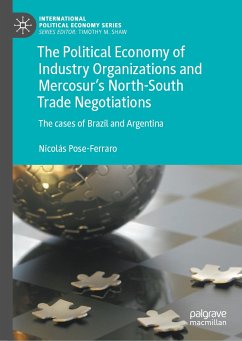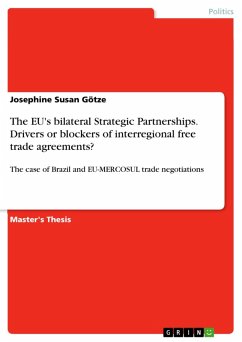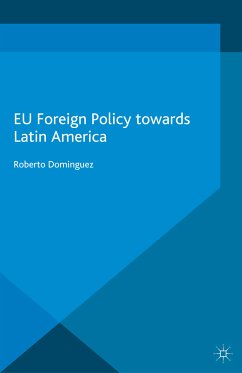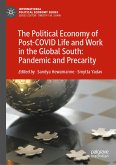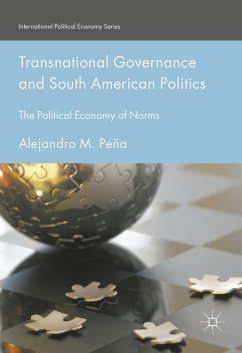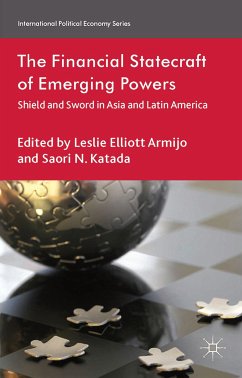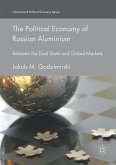This book addresses two of the most relevant yet understudied questions in field of International Political Economy (IPE): 1) what explains the trade policy preferences of the organizations that represent economic producers in the political sphere?; and 2) how they are formed? Specifically, it focuses on the evolution of the preferences of industry peak organizations in Brazil and Argentina, the National Confederation of Industry (CNI) -and the Sao Paulo Federation of Industries (FIESP) - in the first case, and the Argentine Industrial Union (UIA) in the second, regarding Mercosur's preferential trade agreements (PTA) negotiation agenda between 2010 and 2020. The author proposes a novel explanation, which combines elements from the open economy politics (OEP) paradigm with insights from ideational IPE. This book will appeal to research scholars, postgraduate and advanced undergraduate students, policymakers and professionals working in the fields of trade and industrial policies, tradeagreements and negotiations, regionalism and government-business relations.
Nicolas Pose-Ferraro is Assistant Professor of International Studies at the University of the Republic of Uruguay, and member of the National Researchers System in Uruguay.
Dieser Download kann aus rechtlichen Gründen nur mit Rechnungsadresse in A, B, BG, CY, CZ, D, DK, EW, E, FIN, F, GR, HR, H, IRL, I, LT, L, LR, M, NL, PL, P, R, S, SLO, SK ausgeliefert werden.

